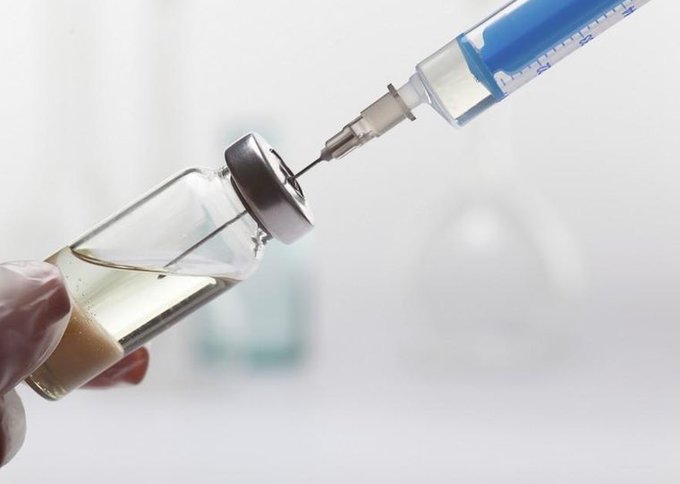Malaria has long been one of the world’s most devastating infectious diseases, particularly affecting children under five in sub-Saharan Africa. The recent approval of the first malaria vaccine specifically for babies marks a transformative moment in the battle against this deadly parasite. This breakthrough is not just a testament to scientific innovation but also a beacon of hope for millions of families living in malaria-endemic regions.
The Burden of Malaria
Malaria, caused by the Plasmodium parasite and transmitted by Anopheles mosquitoes, claims over 600,000 lives annually, with the vast majority of deaths occurring among young children and pregnant women in Africa. The disease’s symptoms—fever, chills, anemia, and in severe cases, organ failure—can progress rapidly, making timely intervention critical. For decades, the fight against malaria has relied on preventive measures such as insecticide-treated bed nets, indoor residual spraying, and antimalarial drugs. While these strategies have saved countless lives, they have not been sufficient to eradicate the disease or fully protect the most vulnerable populations.
Scientific Breakthrough: The First Malaria Vaccine
The approval of the first malaria vaccine for babies represents a monumental achievement in global health. After years of research and clinical trials, scientists have developed a vaccine that can be administered safely to infants, providing them with immunity during their most vulnerable years. The vaccine, known as RTS,S/AS01 (also called Mosquirix), has shown promising results in reducing the incidence of malaria in young children. Clinical trials conducted in several African countries demonstrated that the vaccine can significantly lower the risk of severe malaria, hospitalizations, and death among vaccinated infants.
How the Vaccine Works
The RTS,S/AS01 vaccine targets the Plasmodium falciparum parasite, the most deadly species responsible for the majority of malaria cases in Africa. It works by stimulating the immune system to recognize and attack the parasite before it can infect the liver and multiply. The vaccine is administered in a series of doses, beginning at five months of age, and is integrated into existing childhood immunization schedules.
Impact on Global Health
Saving Lives and Reducing Disease Burden
The introduction of the malaria vaccine for babies is expected to save tens of thousands of young lives each year. By providing early protection, the vaccine will help reduce the number of severe malaria cases and deaths, easing the burden on overstretched healthcare systems in endemic regions. This is particularly significant in rural and underserved communities, where access to prompt medical care is often limited.
Complementing Existing Interventions
While the vaccine is not a standalone solution, it serves as a powerful complement to existing malaria control measures. Combined with bed nets, insecticide spraying, and effective treatment, vaccination can help drive down malaria transmission rates and move the world closer to the goal of malaria elimination.
Economic and Social Benefits
Beyond health outcomes, the vaccine’s rollout is expected to yield substantial economic and social benefits. Malaria imposes a heavy economic toll on affected countries, draining resources through healthcare costs, lost productivity, and reduced educational attainment. By preventing illness and death among children, the vaccine can help break the cycle of poverty and disease that has plagued many communities for generations.
Challenges and the Road Ahead
Despite the promise of the malaria vaccine, challenges remain. Ensuring widespread access, particularly in remote and resource-limited settings, will require robust logistics, sustained funding, and strong political commitment. Vaccine hesitancy and misinformation must also be addressed through effective community engagement and education.
Furthermore, continued investment in research is needed to improve vaccine efficacy and develop new tools to combat emerging threats, such as insecticide and drug resistance.
Conclusion
The approval of the first malaria vaccine for babies is a historic milestone in the fight against one of humanity’s oldest and deadliest diseases. It offers new hope to millions of families and represents a major step forward in global health equity. As the world moves to implement this life-saving intervention, collaboration among governments, health organizations, and communities will be essential to ensure that the promise of the malaria vaccine is fully realized.

